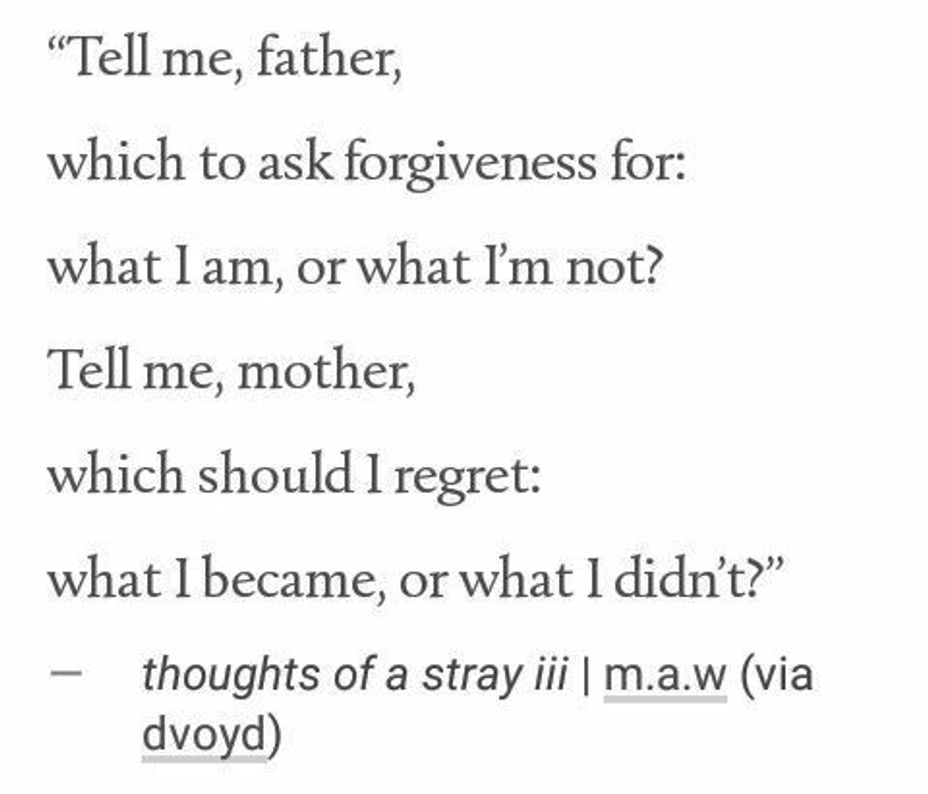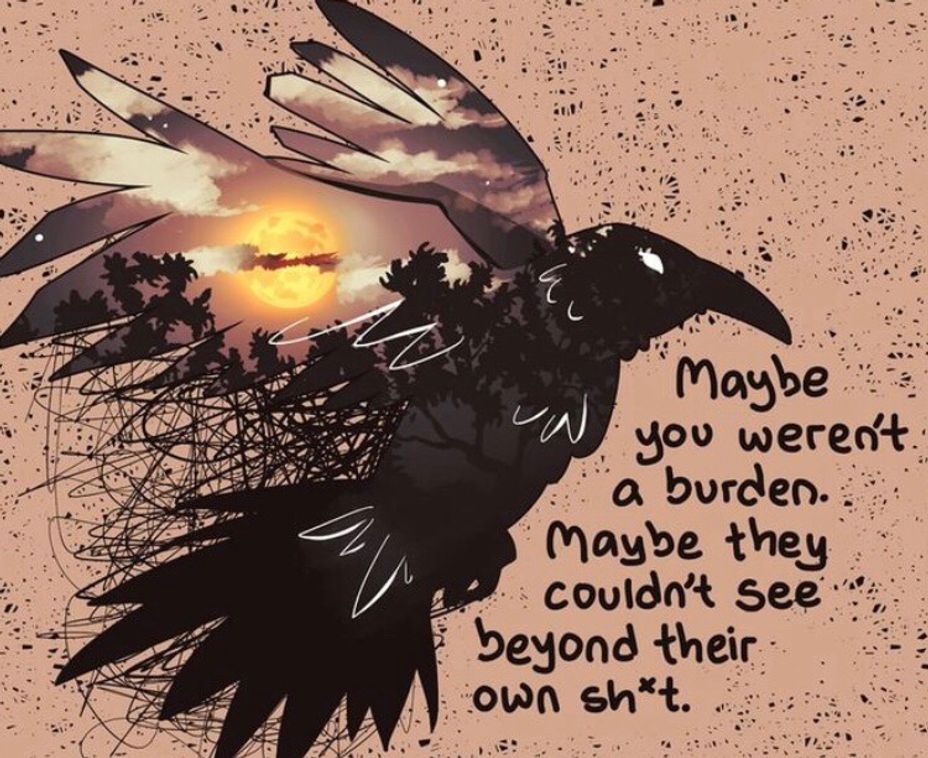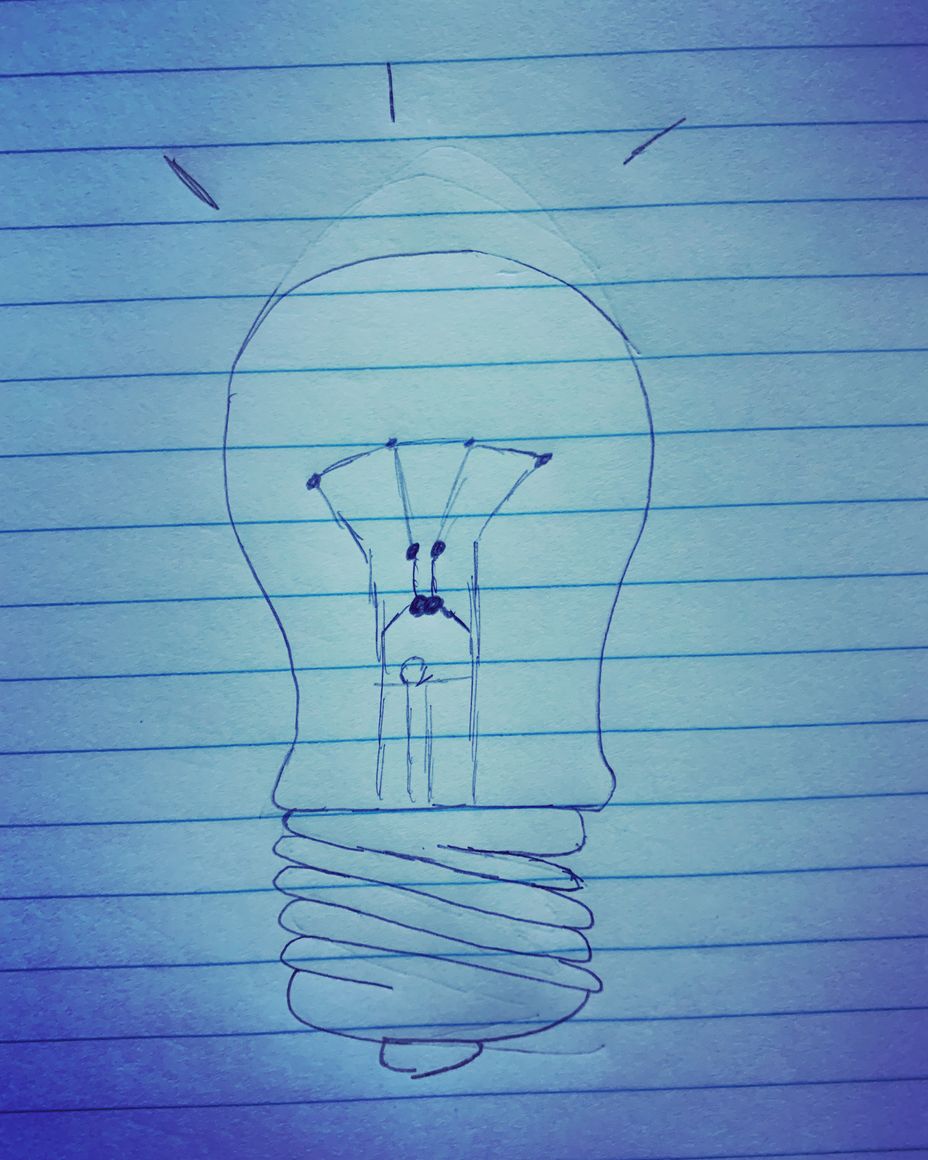In the middle
I feel so stuck in these questions from the image --
"Tell me, father,
which to ask forgiveness for:
what I am, or what I'm not?
Tell me, mother,
which should I regret:
what I became or what I didn't?"
I have written on here before about feeling the heavy weight of potential that I haven't lived up to. I feel like I should have been able to overcome the trauma and mental health challenges. I feel ashamed of where I am at in life, so I am deliberately isolating from friends and family so I don't have to answer their questions. My therapist reminds me of all the ways I am succeeding in life, but I just can't accept it.
I feel like I need to ask forgiveness from someone for where my life is at, but there is no one to direct that request to. Sometimes, I feel like I need to stand on top of a mountain with a bullhorn and shout, "I'm sorry! I'm just sorry!" to the world. I have no other words.
#Potential #goals #Forgiveness #Selftalk #Relationships #Faith #MentalHealth #Depression #Anxiety #Trauma #CheckInWithMe




